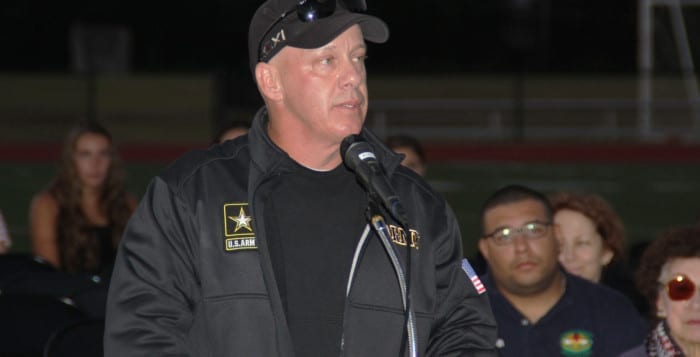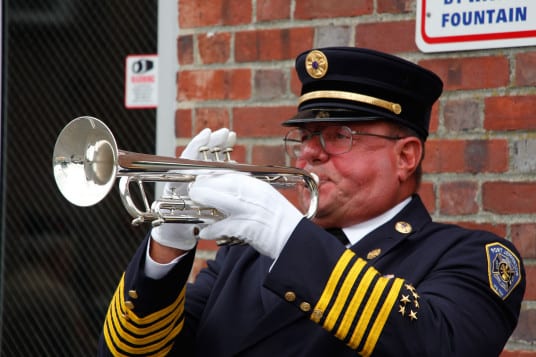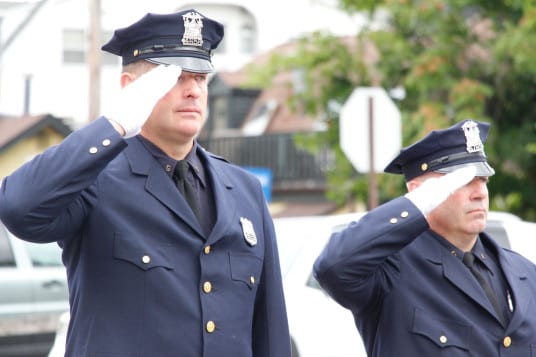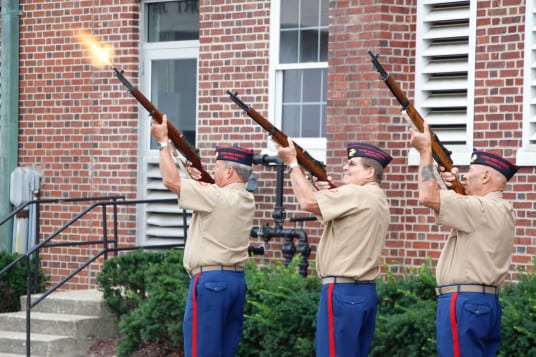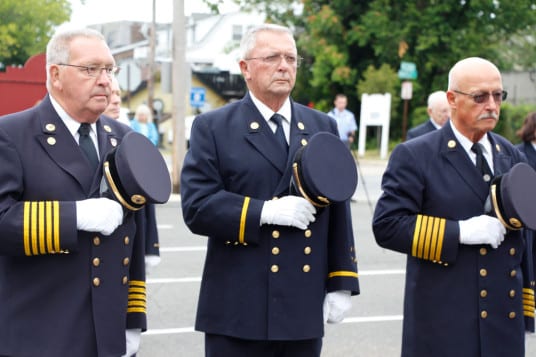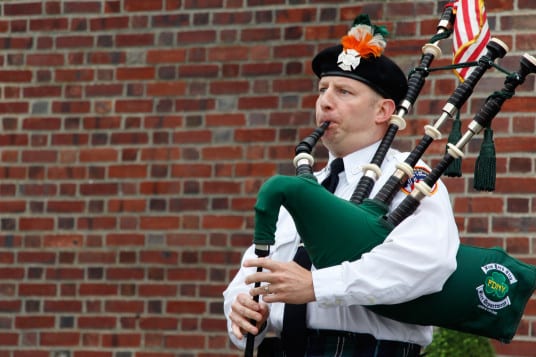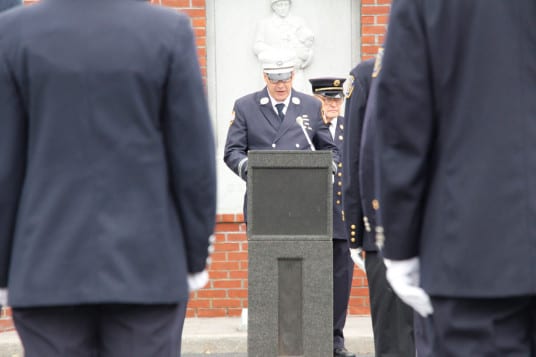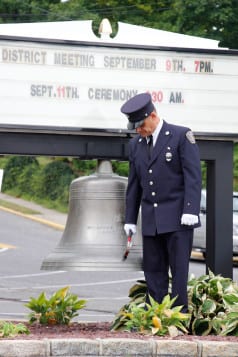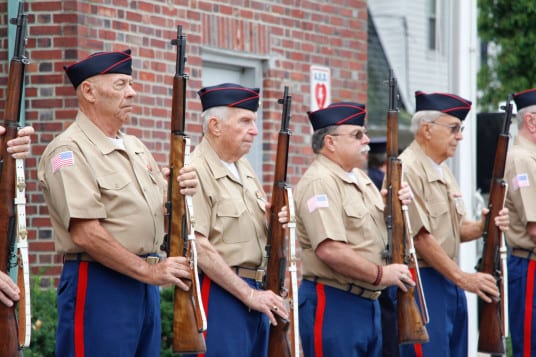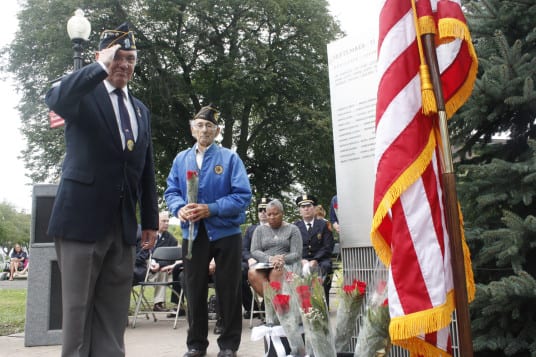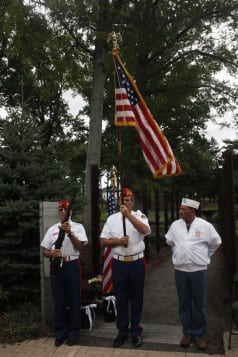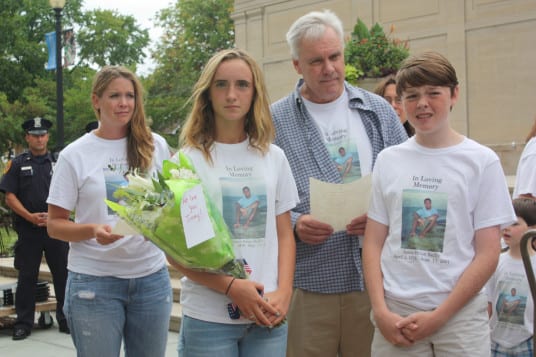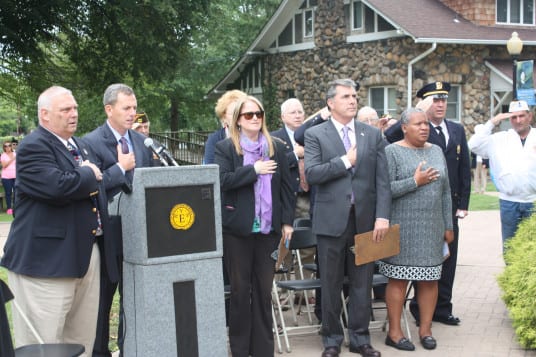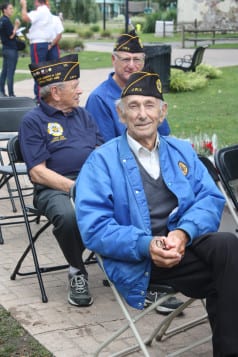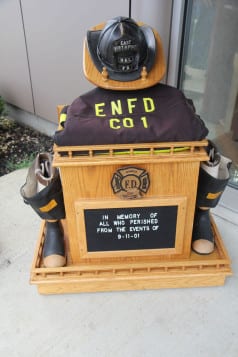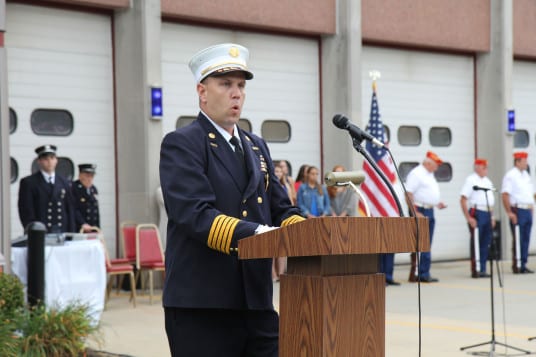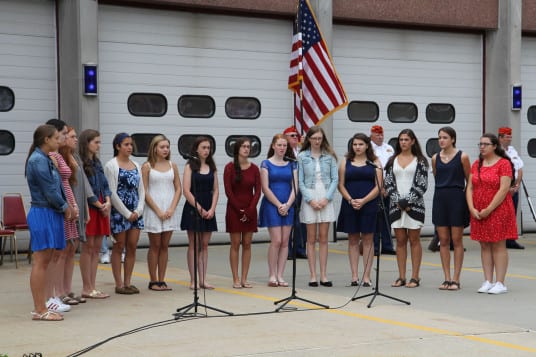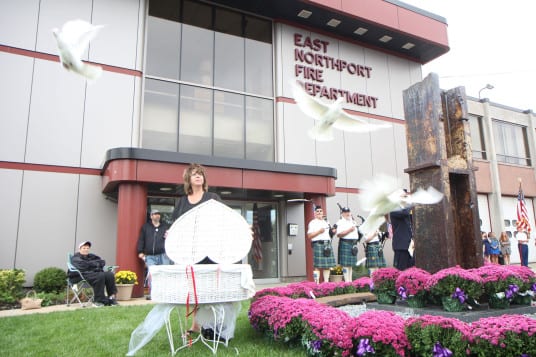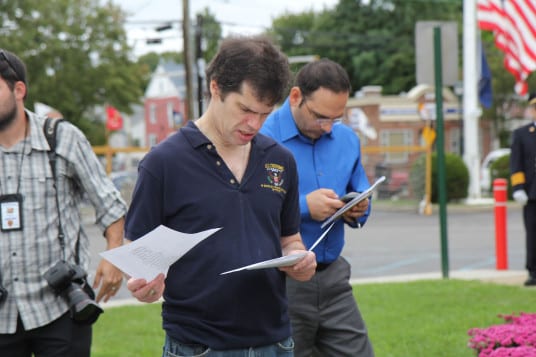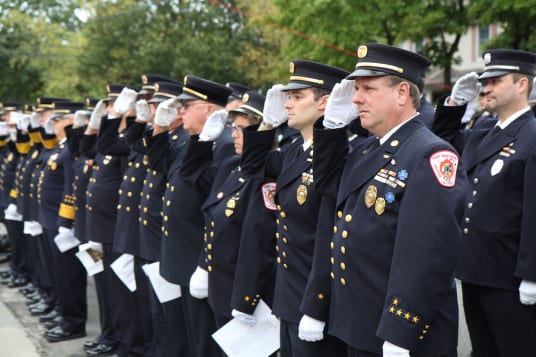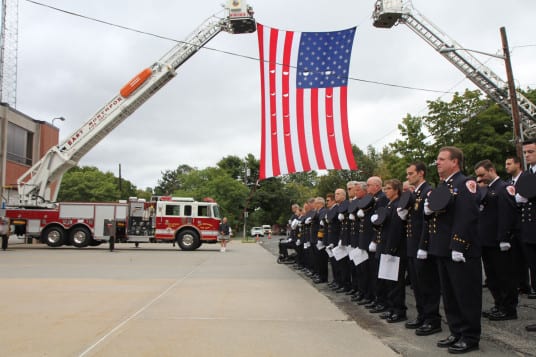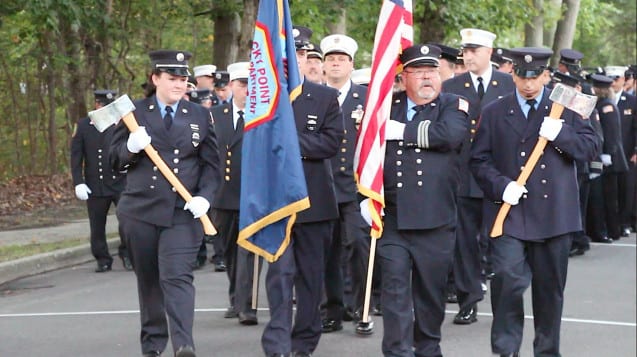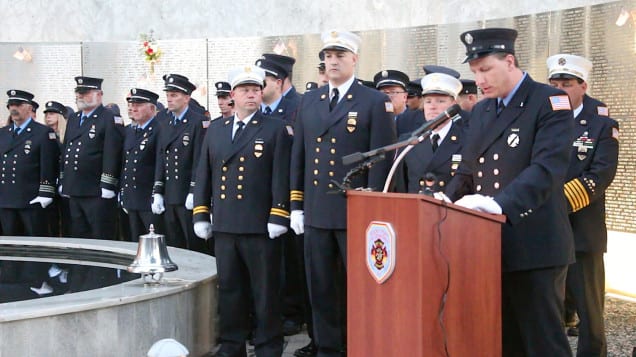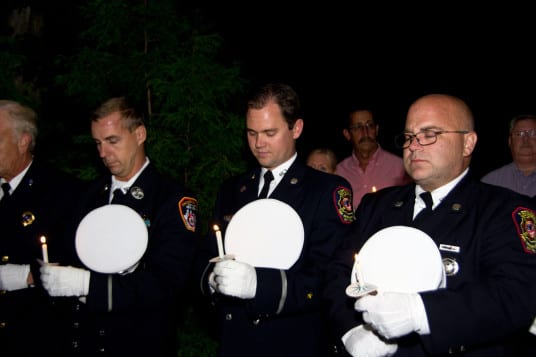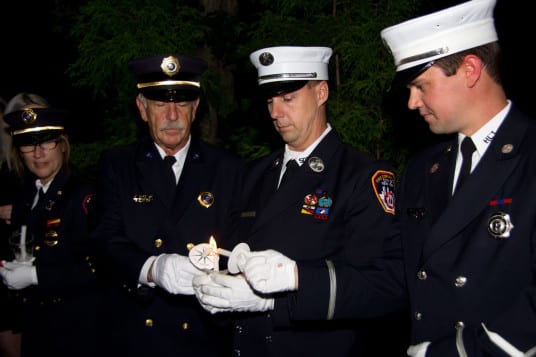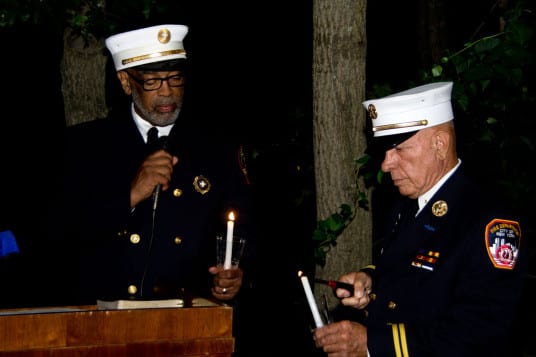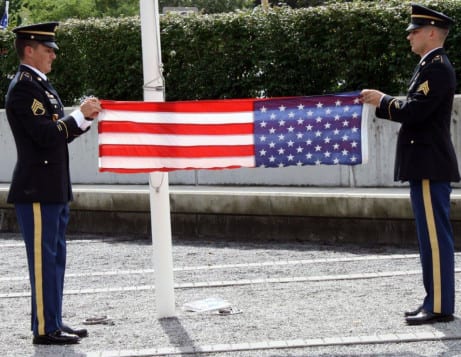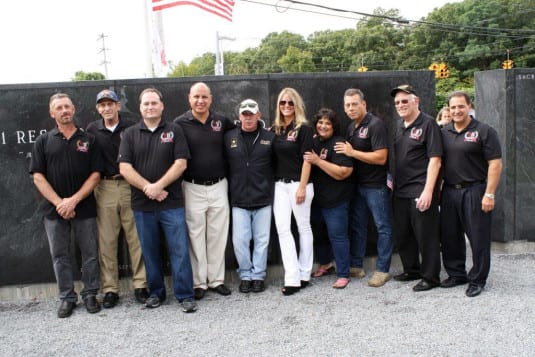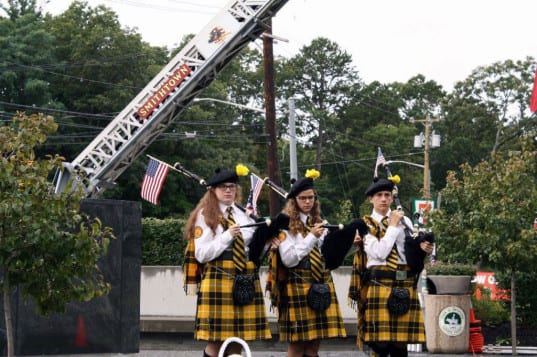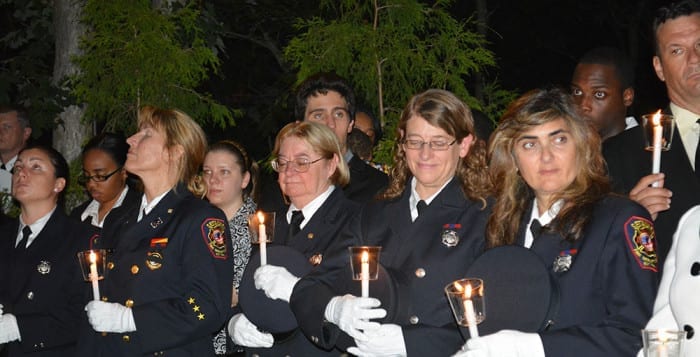The 9/11 first responders who have fought for years to get health care support are heading back to Washington, D.C., in hopes of ushering in the renewal of the James L. Zadroga 9/11 Health & Compensation Act. And for one Nesconset resident, change cannot come soon enough.
Parts of the bill will expire next month, and other parts in October 2016.
The James Zadroga 9/11 Health and Compensation Reauthorization Act would extend the programs of the original Zadroga act indefinitely. It was introduced to Congress in April and currently has 150 bipartisan co-sponsors.
“When this bill expires, our illnesses do not expire,” said John Feal, founder of the FealGood Foundation, in a phone interview. Feal, of Nesconset, has been walking the halls of Congress for the past eight years to help get this bill passed.
He is also a 9/11 first responder who worked on the reconstruction at Ground Zero, and lost half of his foot in the process. He suffered from gangrene, but he says his injuries “pale in comparison to other first responders.”
President Barack Obama signed the current Zadroga act into law in 2011 and established the World Trade Center Health Program, which will expire in October if not renewed.
The WTC program ensured that those whose health was affected by 9/11 would receive monitoring and treatment services for their health-related problems. It consists of a responder program for rescue and recovery workers and New York City firefighters, and a survivor program for those who lived, worked or went to school in lower Manhattan on Sept. 11, 2001.
The Zadroga act also reopened the September 11th Victims Compensation Act, which allows for anyone affected to file claims for economic losses due to physical harm or death caused by 9/11. That will expire in October of next year.
Feal said he was asked by television personality Jon Stewart to come on “The Daily Show” in December 2010, but the Nesconset native said he did not want to leave the real legislative fight in D.C. Instead, he helped get four 9/11 responders to the Dec. 16, 2010, episode, who helped shed light on the ongoing battle these responders were dealing with in Congress.
“He was definitely one of the reasons the bill got passed,” Feal said of Stewart. Stewart accompanied Feal and many other first responders when they traveled to Washington, D.C, on Wednesday, Sept. 16, and took part in a mini rally.
The bill did not pass the first time it was presented to Congress back in 2006. A new version was drafted in 2010 and passed in the House of Representatives, but was having trouble getting through the Senate due to a Republican filibuster. The bill received final congressional approval on Dec. 22, 2010, and was enacted by the president on Jan. 2, 2011.
“As we get older these illnesses will become debilitating,” Feal said. “Not extending this bill is criminal. People will die without it. It’s a life-saving piece of legislation.”
Jennifer McNamara, a Blue Point resident and president of The Johnny Mac Foundation, is also actively involved in the fight to keep responders health costs covered. Her late husband, John McNamara, passed away in 2009 from stage IV colon cancer.
He was a New York City Firefighter and worked more than 500 hours at the World Trade Center in the aftermath of 9/11. He worked with responders to get support for the Zadroga bill before he died.
“I made him a promise to continue to lend support to get this legislation passed,” Jennifer McNamara said in a phone interview. When her husband passed away, she said there weren’t as many responders getting sick as there are now. “People are dying more quickly, and more are getting diagnosed with cancers and other illnesses.”
The two big issues that McNamara said she feels need to continue to be addressed are monitoring these diseases and coverage of costs once someone is diagnosed. McNamara said she believes that if there were better monitoring programs earlier on, her husband could’ve been diagnosed before his cancer was stage IV, and he could’ve had a better chance.
“These people did tremendous things for their country,” McNamara said. “They shouldn’t have to guess about whether they are going to be taken care of.”

